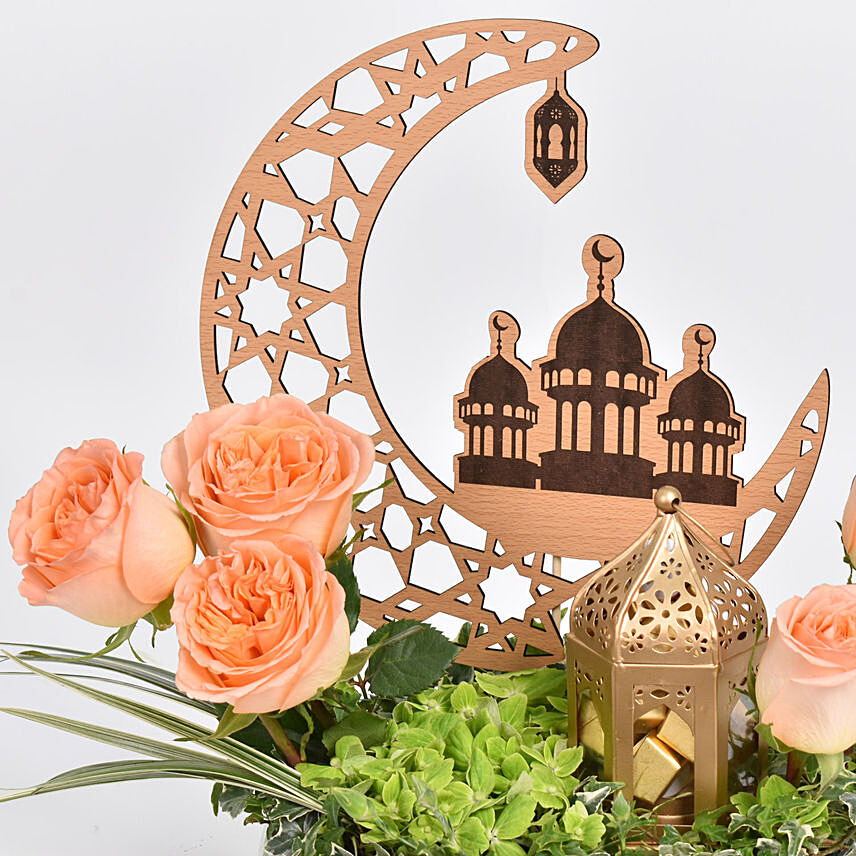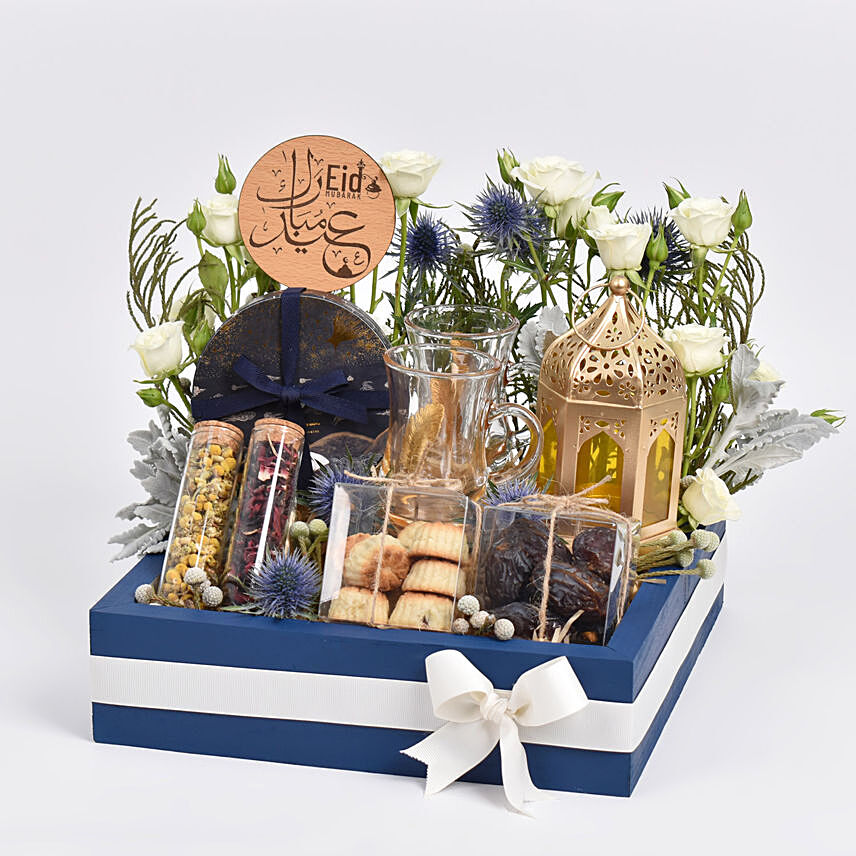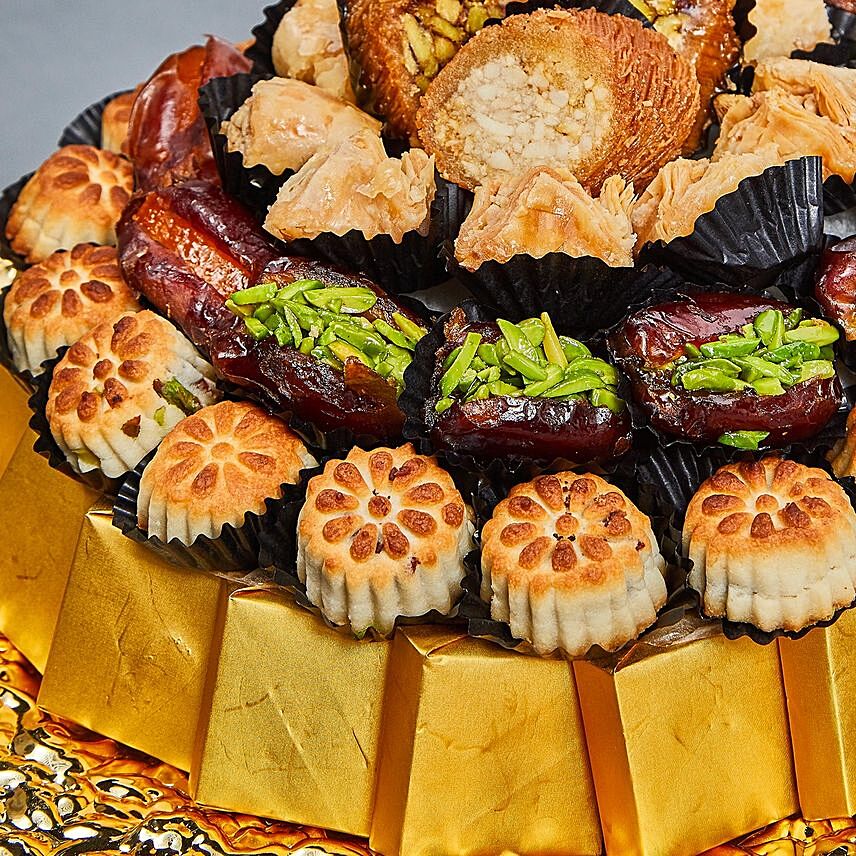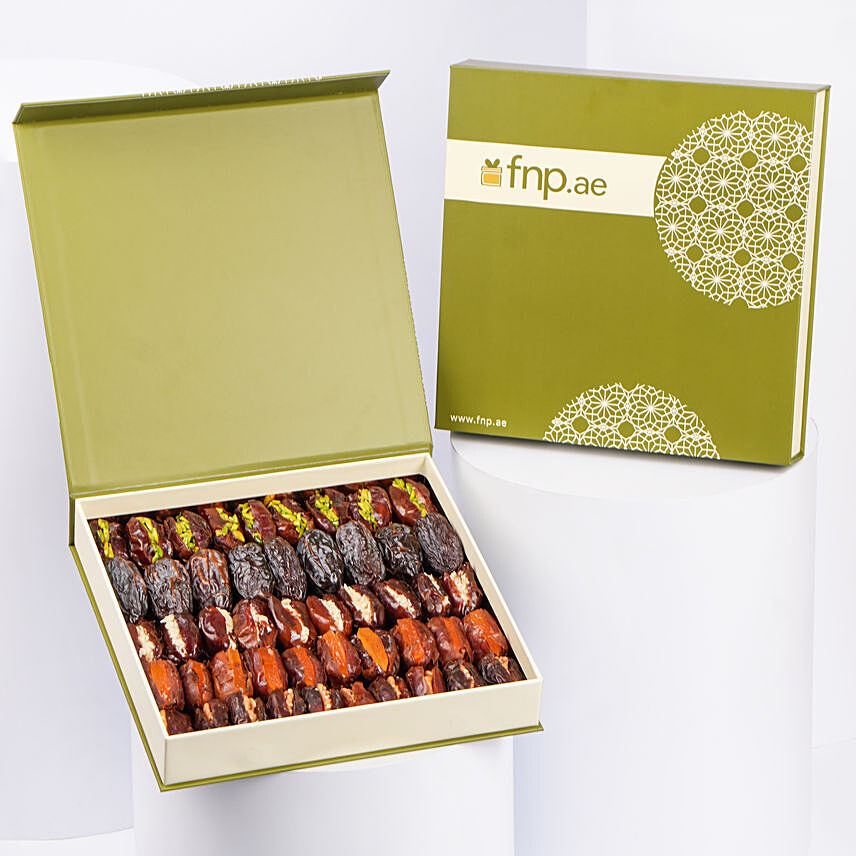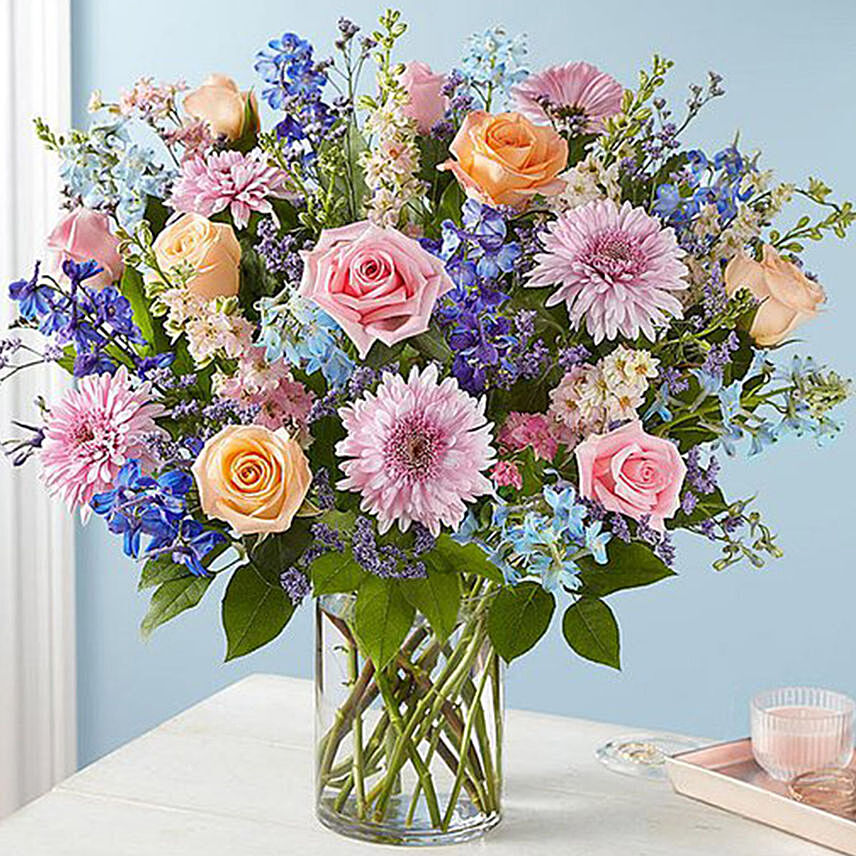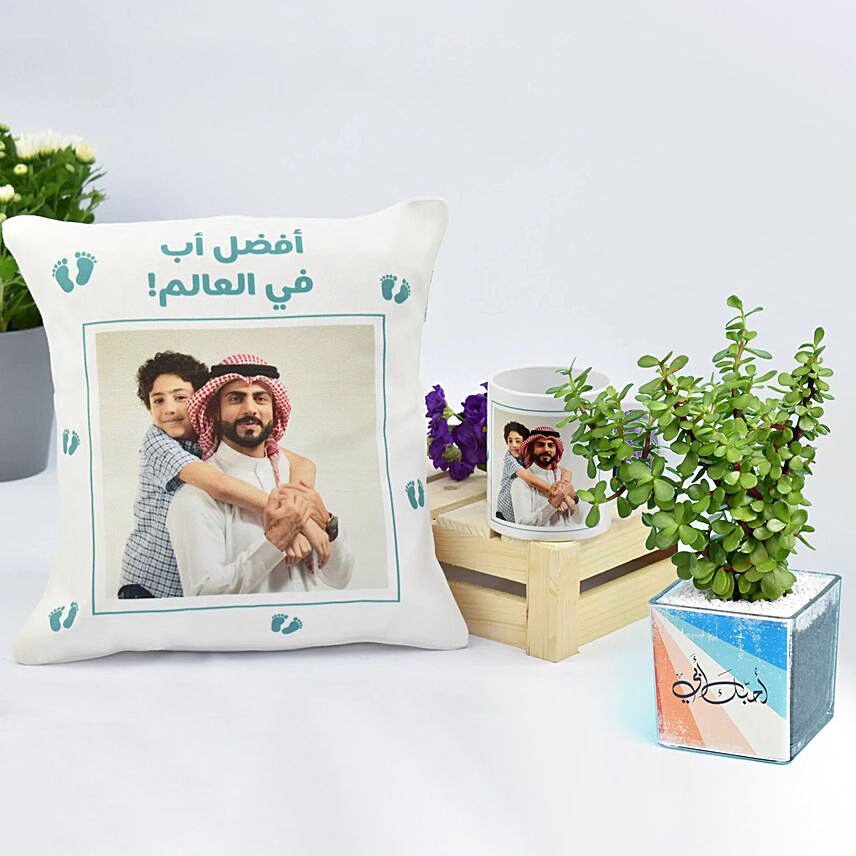About Eid Al Adha
- Author: Anushka Published:23 June, 2023
Also known as the Festival of Sacrifice, Eid al-Adha is one of the most significant Islamic festivals celebrated by millions of Muslims around the world. This joyous occasion commemorates the willingness of Prophet Ibrahim (Abraham) to sacrifice his son as an act of obedience to God. It serves as a reminder of the importance of faith, sacrifice and charity in the lives of Muslims. Let's explore when and how Eid al-Adha 2024 will be celebrated globally.
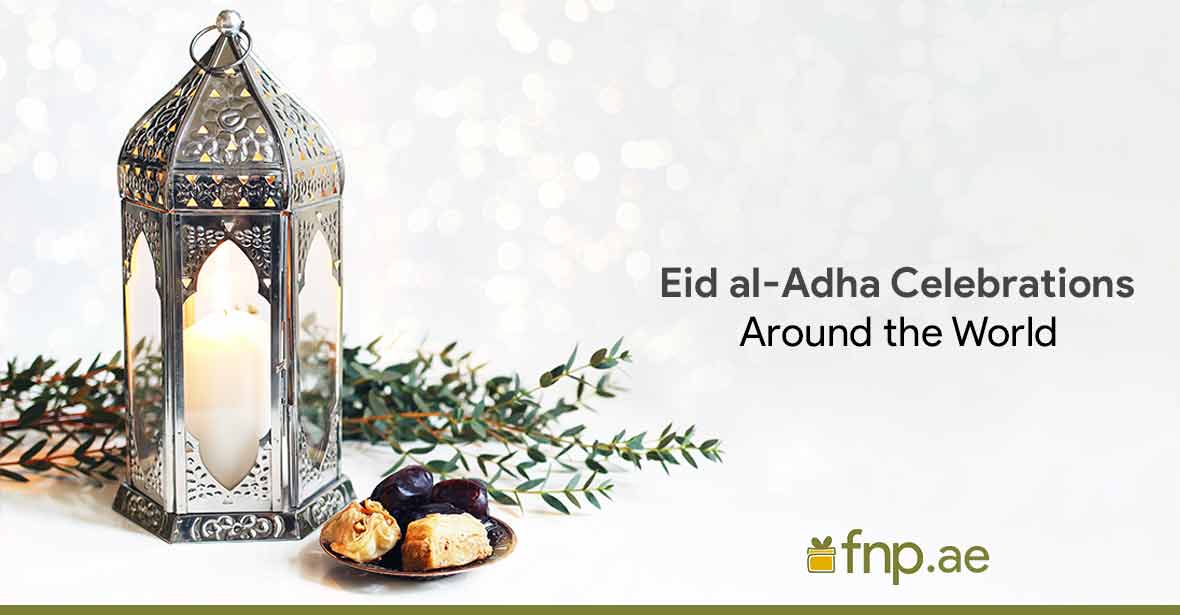
How is Eid al-Adha Celebrated All Around the World?
Eid al-Adha is a joyous and festive occasion marked by several customs and traditions observed by Muslims worldwide. Let's delve into the various aspects of how Eid al-Adha is celebrated worldwide -
The Pilgrimage of Hajj
Eid al-Adha is closely associated with the annual Islamic pilgrimage of Hajj. Muslims worldwide converge in Mecca, Saudi Arabia, to perform this sacred journey. Hajj involves a series of rituals that commemorate the trials and devotion of Prophet Ibrahim and his family. While not everyone can participate in Hajj, Muslims worldwide celebrate Eid al-Adha in solidarity with the pilgrims.
The Feast and Sacrifice
A central aspect of Eid al-Adha is the sacrifice of an animal, typically a sheep, goat, cow or camel, in remembrance of Prophet Ibrahim's willingness to sacrifice his son. The meat from the sacrificed animal is divided into three parts: one for the family, one for relatives and friends, and one for the needy and less fortunate. This act of sacrifice symbolises selflessness, generosity and sharing blessings with others.
Special Prayers
On the morning of Eid al-Adha, Muslims gather in mosques or designated prayer grounds to perform special congregational prayers known as the Eid prayer. These prayers consist of specific rituals, including a sermon delivered by the Imam, supplications & prostrations. The Eid prayer is an opportunity for the community to come together, seek forgiveness and express gratitude to Allah for His blessings.
Festive Attire & Exchange of Greetings
Eid al-Adha is an occasion to dress in new or best clothes as a sign of celebration. Muslims wear their finest outfits, often traditional attire, to express joy and respect for the festival. Additionally, exchanging greetings and well-wishes is an integral part of Eid al-Adha. Muslims greet each other by saying ‘Eid Mubarak,’ which translates to ‘Blessed Eid.’ This gesture strengthens social bonds and spreads happiness throughout the community.
Acts of Charity & Community Service
Eid al-Adha emphasises the importance of charity and caring for those in need. Muslims are encouraged to engage in acts of kindness and generosity, such as donating to charitable organisations, visiting the sick, helping the poor and extending support to marginalised communities. Giving back to society is a fundamental aspect of Eid al-Adha, promoting compassion and empathy among Muslims.
Cultural Celebrations and Festivities
Eid al-Adha celebrations vary across different regions and cultures, showcasing the diversity of Muslim traditions. In many countries, there are colourful parades, vibrant street processions, cultural performances and bazaars selling a variety of goods and crafts. Special prayers are offered at mosques and families come together to enjoy feasts and exchange
These are just a few ways of how Eid al-Adha is celebrated all around the world. Also, while customs and traditions may vary, the core essence of the festival remains the same - a time for people to come together, express gratitude and share blessings with others.

